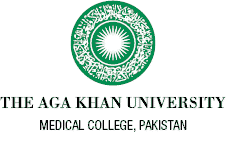The residents are evaluated by the respective supervisor of the rotation. These would include the head of the department or the coordinator or the immediate supervisor of the rotation.
Ongoing feedback to the candidate is essential so that the candidate may learn of his/her strengths and weaknesses, and be able to rectify the latter during the rotation.
The candidates will also be evaluating each training site, for usefulness and quality of training at that site.


